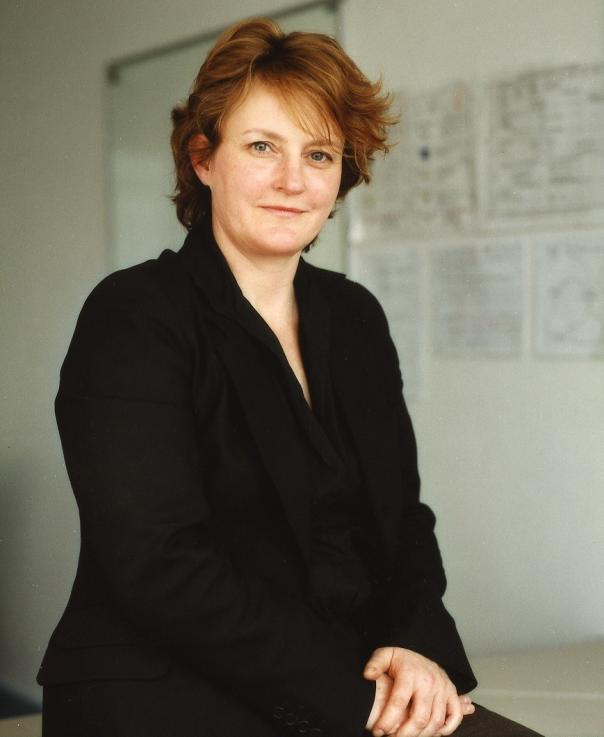
Sarah Sleet Chief Executive of Coeliac UK said: “Where people follow a gluten-free diet for medical purposes, the choice on where to eat out is driven by the person with the condition.
“The market is not just about catering for those with the condition, but also securing the custom of those they eat with.
“Coeliac UK is passionate about working with the hospitality industry and, with our knowledge and expertise, we hope that more establishments will recognise the benefit to themselves and their customers of providing gluten-free meals.”
The charity is also keen to support the industry to implement the law on gluten-free claims, which came into effect on January 1st 2012 and there are proposed EU changes that will see the catering industry needing to make allergen information available to all customers by 2014.
She said Coeliac UK, the expert body on gluten-free food, was keen to work closely with caterers to provide advice and information so that they can tap into this burgeoning market.
One in 100 people in the UK have coeliac disease, an autoimmune disease caused by intolerance to gluten which is found in wheat, barley and rye. Damage to the gut lining occurs when gluten is eaten; there is no cure or medication for the condition and the only treatment is a strict gluten-free diet for life.
Currently only up to 15% of those with the condition are currently diagnosed, however, diagnosis rates are rising rapidly. Research undertaken by Coeliac UK in 2009 showed that 90% of its members surveyed said they would eat out more often if they could be sure of a safe gluten-free option.
The new maximum threshold of 20ppm (parts per million) of gluten for those wishing to label gluten-free is 10 times more stringent than the previously accepted level.
In 2011, Coeliac UK commissioned a research project with the specialist food consultancy and laboratory, RSSL, to find out whether it was possible to deliver gluten-free dishes within the law.
Eleven sites took part in the project, ranging from a small family run pub, a hospital and a school, to household name restaurants chains. The results showed that in all cases, bar one, the sites met the level of less than 20ppm, even in kitchens where gluten-containing products were also being made.
Results from the research project have now formed the basis of Coeliac UK’s catering training package ’Accessing the Gluten-Free Pound: Preparing Food for People with Coeliac Disease’ and will provide caterers with advice on how to comply with the law and get a head start on the new law for allergens coming in 2014 whilst also providing choice for people with coeliac disease.
Coeliac UK’s new service comprises online, face to face and tailored training along with a range of tools to help support the industry in training their staff which is a crucial part of maintaining the standards needed to consistently deliver gluten-free.
The package also includes accreditations to help the industry communicate their efforts to customers with recognised and trusted symbols.
Sleet continued: “Coeliac UK’s trademarked symbols are recognised and trusted by coeliac customers and will provide catering establishments with the competitive edge as the gluten-free market grows.
“By signing up to adhere to the Charity’s standards, catering establishments will be able to use these symbols and become an accredited caterer.”